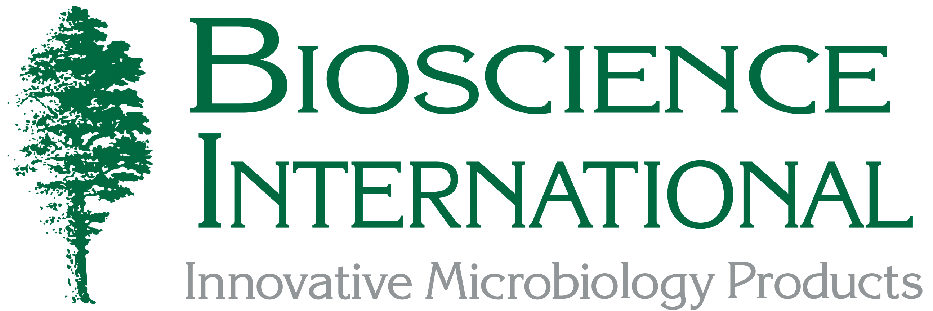"The SAS can indicate the presence of an aerosol that could cross contaminate the site...."
From Bioscience World, Summer 2000
![]()
SAS Goes to War Against Bioterrorism
By Bioscience Staff
Anthrax...plague...smallpox...botulinum... invasive killers, once subdued by medical technology, are revived by the advance of germ warfare.
Where it strikes is a guess. A truck driving past a crowded resort or small plane swooping over a sold-out stadium could bear a deadly aerosol release.
Cases of bioterrorism reported to a major government facility have doubled yearly over the past five years. This rise in episodes spurred funding for the CDC to set up the Laboratory Response Network (LRN) for Bioterrorism. Richard B. Kellogg, Interagency Liaison and Laboratory Coordinator for LRN at the CDC, said the LRN is building a multi-level network of local, State and Federal partners to prepare and respond to an act of terrorism. At Level A, community hospitals with diagnostic facilities equipped with reagents and assays screen samples collected by the FBI or local law enforcement agencies. At Level B, state health departments confirm sample credibility. A credible sample shifts to a Level C center, designed for specific agents, such as plague, anthrax, or smallpox. An identified sample moves to Level D labs. If the FBI detects a credible threat, e.g. smallpox, the sample bypasses the first three tiers and shoots directly to Level D.
Level D labs, much like forensic labs, document and file records in the event of a court subpoena. In one such facility, the SAS Air Sampler will be used to ensure that there is no cross-contamination between areas of the lab. Through a protocol for quality control monitoring, the test will begin with a clean lab of disinfected countertops, floors and hoods. The air sampler will be run and the disinfecting cycle repeated until the site is clean and ready for the test. This protocol with SAS is designed to affirm whether the safety procedures work. The SAS can indicate the presence of an aerosol that could cross contaminate the site.
![]()
Community hospitals can participate in the LRN by reaching the CDC at www.bt.cdc.gov. Further information on counter-terrorism aerosol sampling is available in our SAS Application Note #35.
![]()
For More Information Contact:
Bioscience International
11333 Woodglen Drive
Rockville MD 20852
Tel: 301-231-7400
Fax: 301-231-7277
Internet: BioInfo@Biosci-Intl.com
